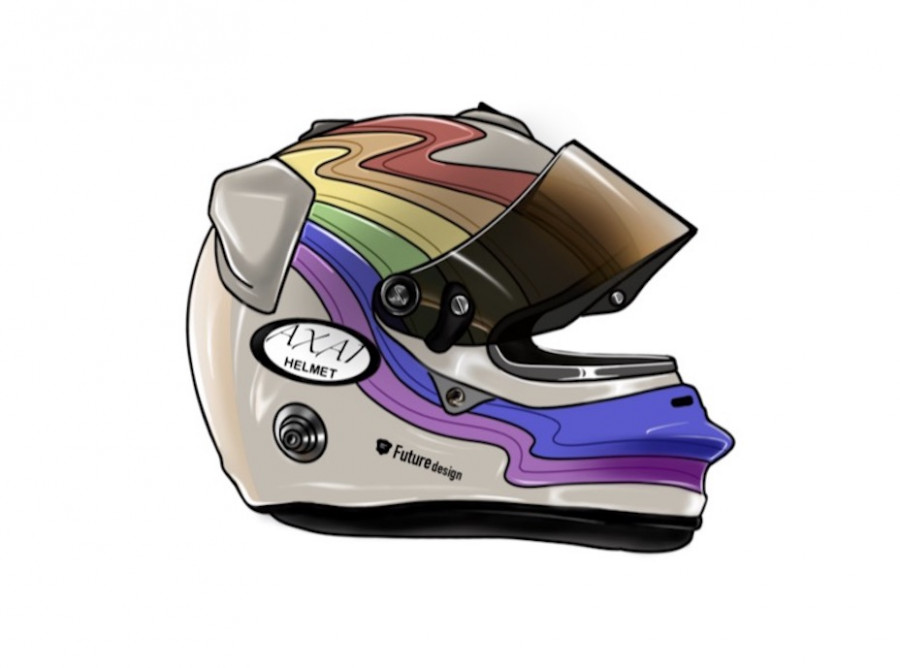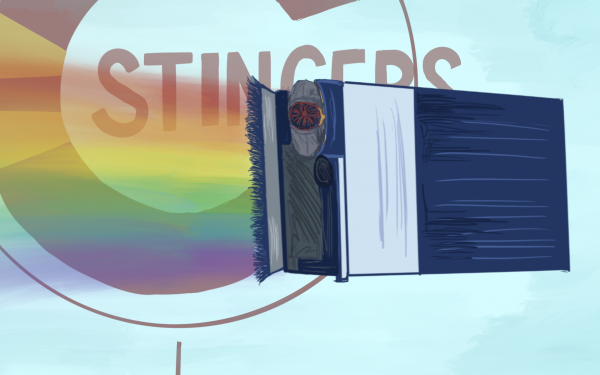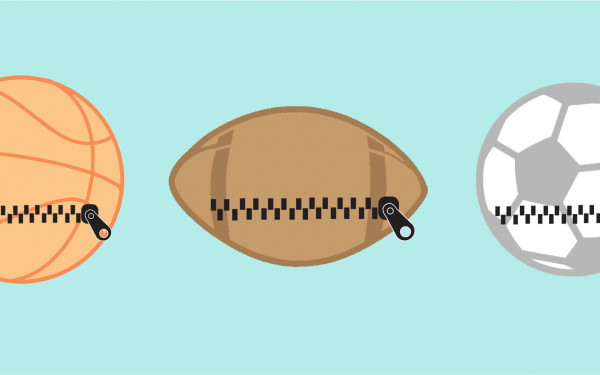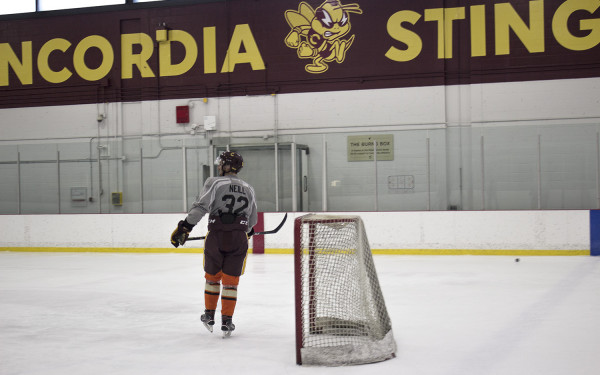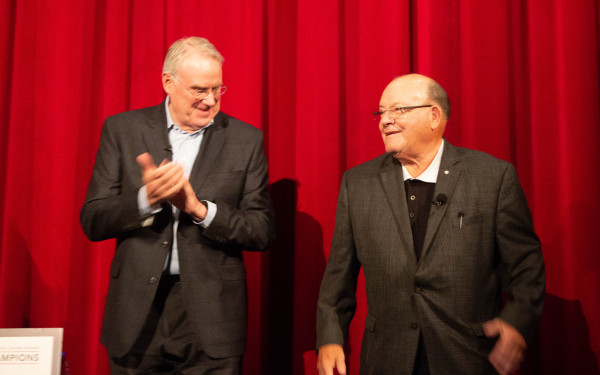Shut Up and Dribble: It’s time for stars to speak up
With great talent, comes great responsibility
Sports are political. Since its inception, the entire purpose of this column has been to outline the inextricable link between sports and the pursuit of liberation and equality. While some athletes have achieved immortality by standing for the principles even at the cost of their careers, there are still those who believe the two entities should be separate.
That very belief is rooted in an ignorance that is not only harmful, but actively restricts the growth of sport. That hasn’t stopped athletes from putting their livelihood on the line to show solidarity with oppressed and persecuted people all over the world.
Anwar El Ghazi, a football player for German club FSV Mainz 05, was suspended after making statements on social media in solidarity with the Palestinian people. After doubling down on his support for a population currently trying to survive a genocide, he saw his contract terminated by the club.
Travis Dermott also risked it all to confront the NHL’s ban on pride tape and other equipment during pride-themed nights, another example of such a risk. He challenged the ban, sporting rainbow-coloured tape on his stick and forcing the league’s hand into lifting the ban.
Dermott is a role player, nothing more; he averages 13 minutes of ice time per game and has just one point this season. He had everything to lose by defying the league’s ban, but stood up for what he believed in and scored a massive win for the sport’s LGBTQIA2S+ community.
El Ghazi and Dermott are part of an unnerving norm where a majority of the top athletes in the world have opted to stay removed from political statements or any kind of advocacy.
Formula 1’s Lewis Hamilton and Sebastien Vettel, football player Mohammed Salah, and a number of top basketball players like LeBron James, Giannis Antetokoumpo, and Kevin Durant have been outspoken about their politics. However, for every Hamilton, Salah, James and company, there are ten stars who opt to remain silent for whichever reason.
Salah spoke out in solidarity with the people in Gaza and called for a ceasefire, but nobody at Liverpool FC would even think to let someone like him go and there were no calls for the club to drop him.
During the 2022 World Cup in Qatar, OneLove armbands that captains of European clubs would wear every game were banned under threat of an on-field sanction, and nobody pushed back. However, during both Qatar and Saudi Arabian Grands Prix, Hamilton donned a pride-themed helmet. As one of the greatest drivers in the sport’s history, there was no kind of institutional backlash.
This is a far cry from the treatment world class athletes were subjected to in the past.
During the 1968 Mexico Summer Olympics, American 200-metre gold and bronze medalists Tommie Smith and John Carlos raised one hand with a black glove while the national anthem played. They were ostracized, abused and received death threats from the very people they represented.
These athletes—all at different stages of their careers—dared to speak out against injustice and cemented themselves as some of the greatest sporting icons the world has ever seen.
Should more athletes at his level follow suit, players like El Ghazi would never again need to weigh employment against doubling down on their beliefs. Sports’ top athletes have a duty to leverage their massive talent and financial upside against most teams’ discomfort with outright political activism.
By doing so, the precedent they set will allow all athletes to use their platform to reinforce commitments to liberation or ensure that sport is available to as many people as possible.

